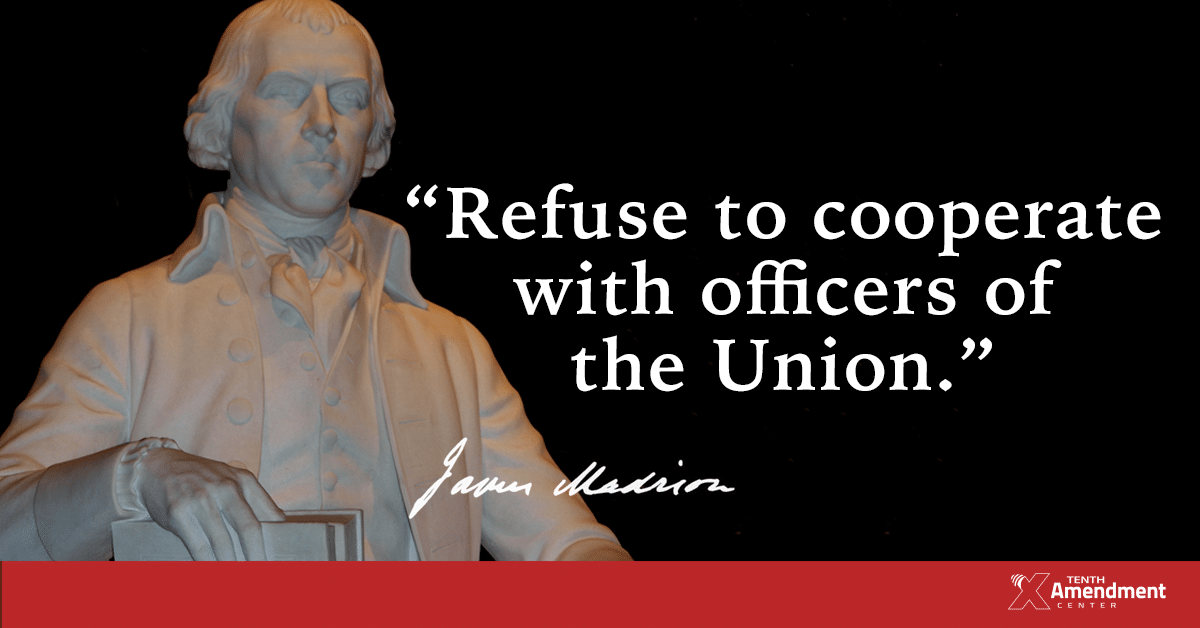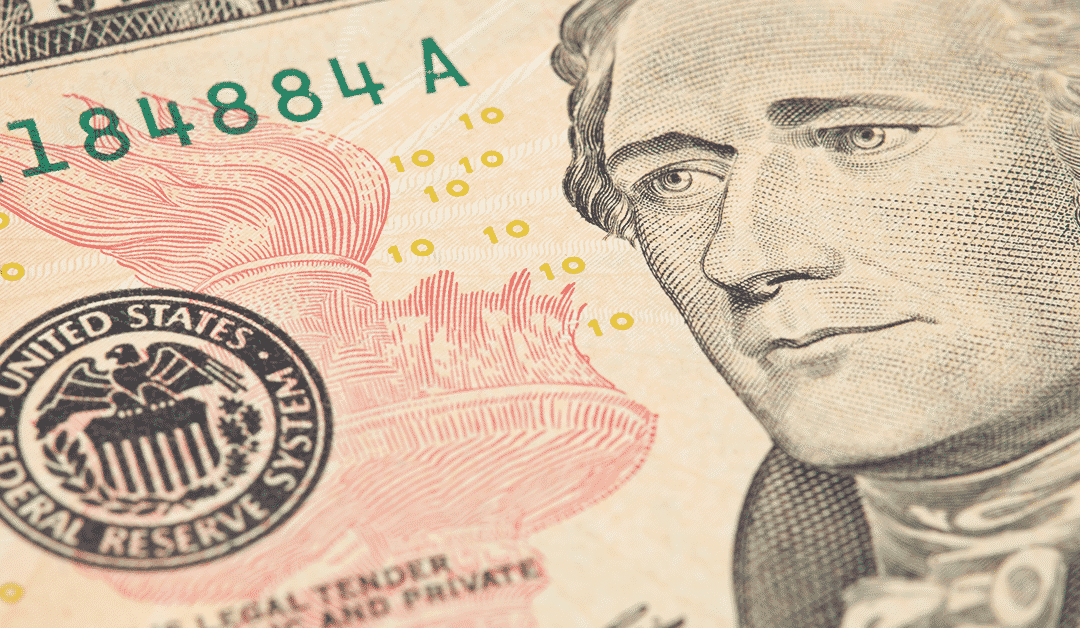
Historical Documents

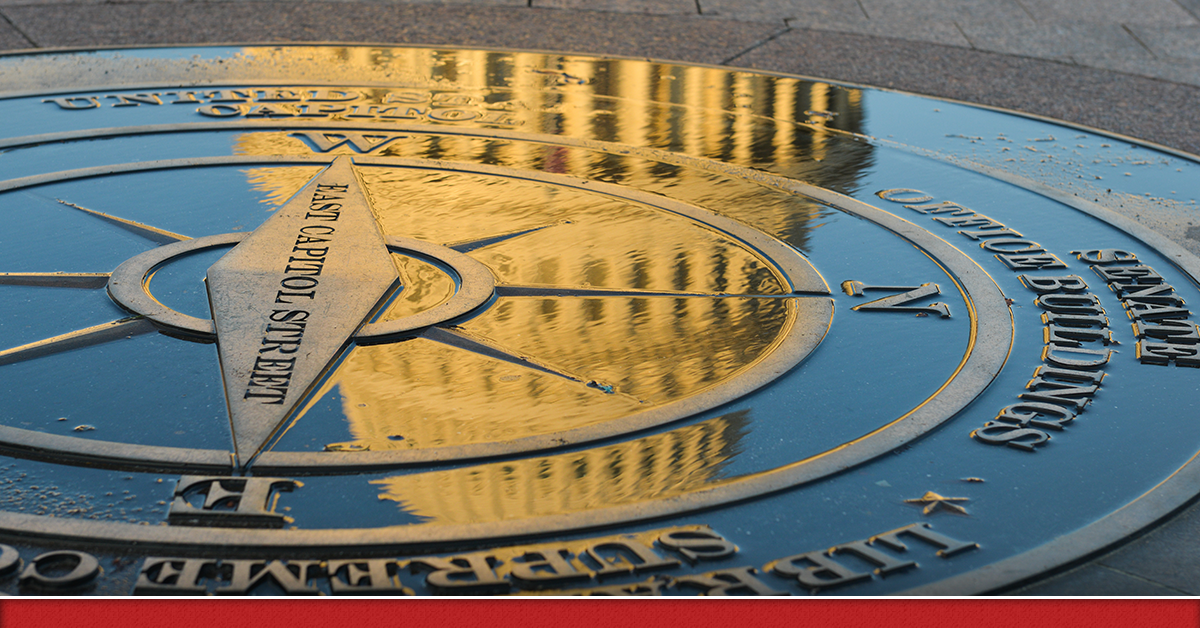
Federalist #20: Imbecilic Government
EDITOR’S NOTE: The following is the 20th in a series of articles giving an introduction to the Federalist Papers, a collection of 85 articles and essays written by Alexander Hamilton, James Madison, and John Jay promoting the ratification of the United States...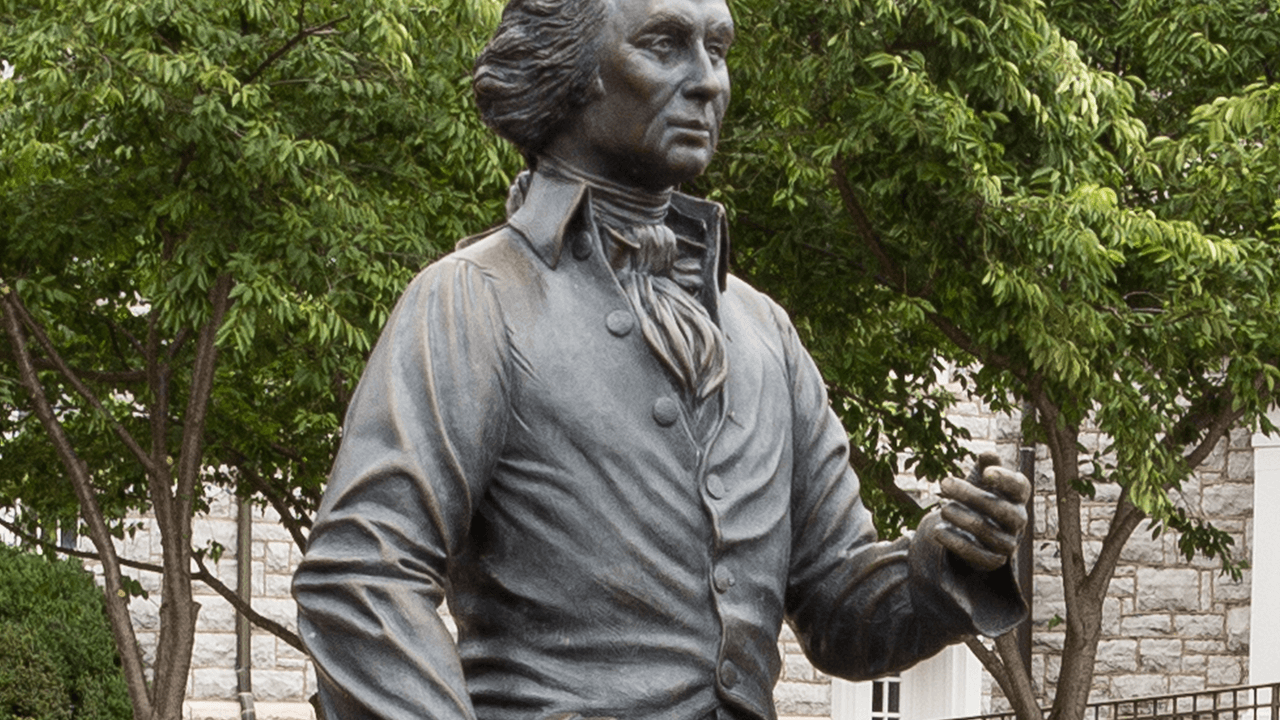
Federalist #19: Arguing for More Centralized Power?
EDITOR’S NOTE: The following is the 19th in a series of articles giving an introduction to the Federalist Papers, a collection of 85 articles and essays written by Alexander Hamilton, James Madison, and John Jay promoting the ratification of the United States...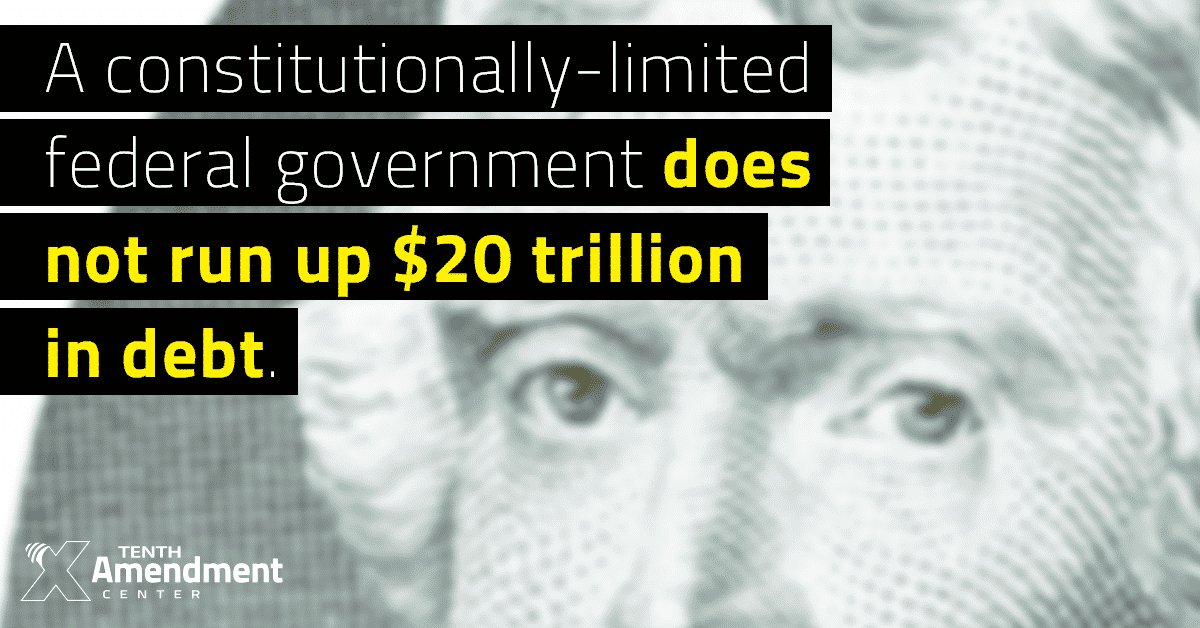
Thomas Jefferson: Can the Dead Bind the Living?
We tend to think of Thomas Jefferson a a great American constitutionalist. And of course, he was. But it’s easy to forget Jefferson’s thinking sometimes roamed beyond what we would call traditional American constitutionalism. We find a great example of this in a...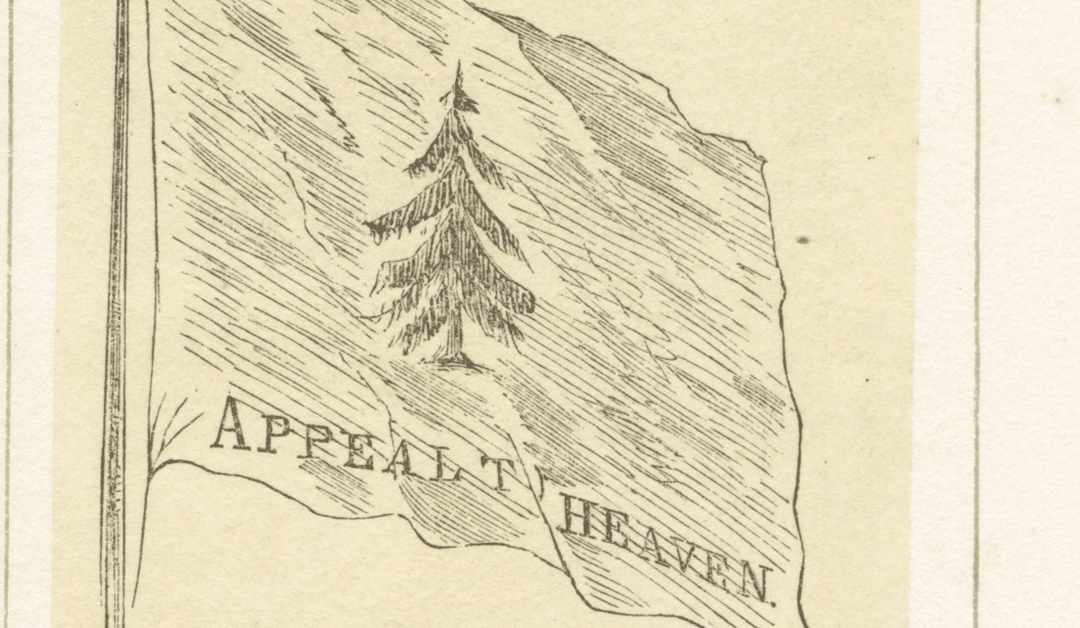
John Locke’s Appeal to Heaven: Its Continuing Relevance
In his Second Treatise of Civil Government, eminent political philosopher John Locke argued that when all other political and individual methods of resisting tyranny are exhausted, only an “appeal to heaven” remains. In Chapter 14 of the famous work, Locke...